Microsoft’s planned acquisition of video game company Activision Blizzard has hit a roadblock, as the Federal Trade Commission (FTC) has filed a lawsuit to block the $69 billion takeover. In this article, we will delve into the details of the case and explore the potential implications for Microsoft’s Xbox game console and its games subscription business.
FTC’s Objections to the Acquisition

The FTC argues that Microsoft’s acquisition of Activision Blizzard could stifle competition in the gaming industry, specifically targeting Microsoft’s Xbox game console and its games subscription business. The commission’s concern lies in Microsoft’s previous acquisitions, such as Bethesda Softworks and its parent company ZeniMax, where Microsoft made certain game titles exclusive to Xbox despite assuring European regulators otherwise.
Biden Administration’s Stance on Big Tech Mergers
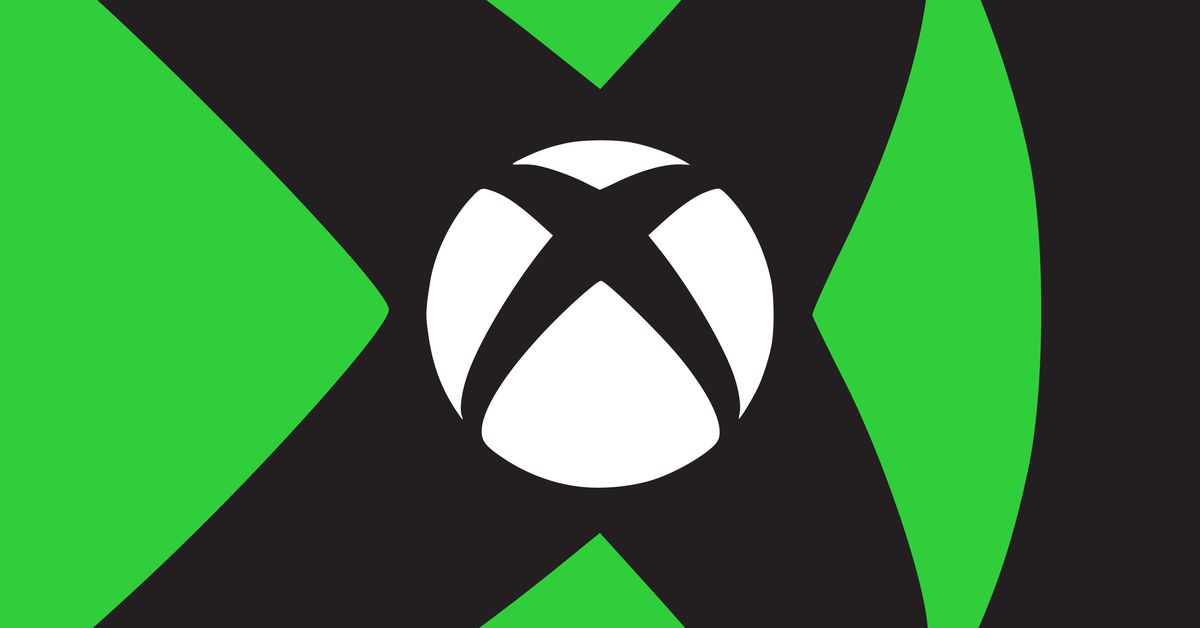
President Joe Biden has emphasized the need to scrutinize big tech mergers, making the FTC’s challenge against Microsoft’s acquisition a potential test case. The commission voted 3-1 to issue the complaint, with the three Democratic commissioners voting in favor and the sole Republican voting against.
FTC’s Administrative Process and Legal Timeline

The FTC has chosen to file the complaint through its administrative process rather than pursuing legal action in federal court. An administrative law judge is set to hear the case, but the proceedings are not scheduled until August 2023, as stated in the complaint.
Microsoft’s Response and Potential Legal Challenge
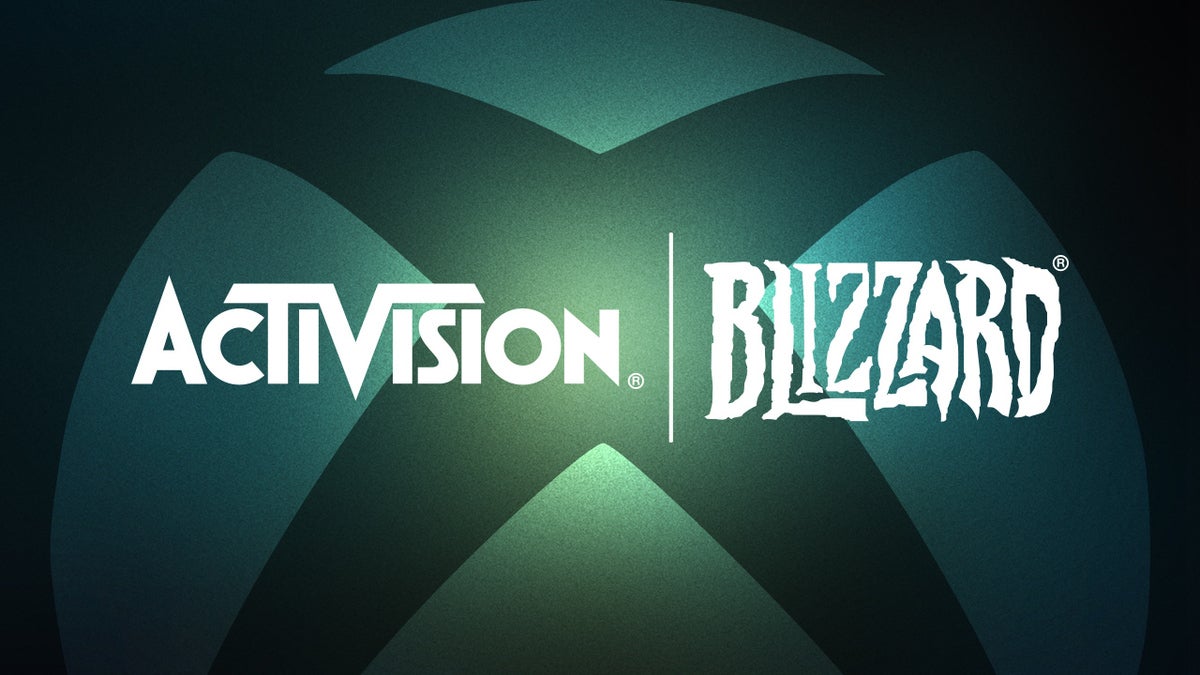
In response to the FTC’s action, Microsoft’s president, Brad Smith, expressed confidence in the company’s case and hinted at a potential challenge. Microsoft had been actively defending the deal, stating its commitment to address competition concerns and presenting proposed concessions to the FTC.
Sony’s Resistance and Concerns
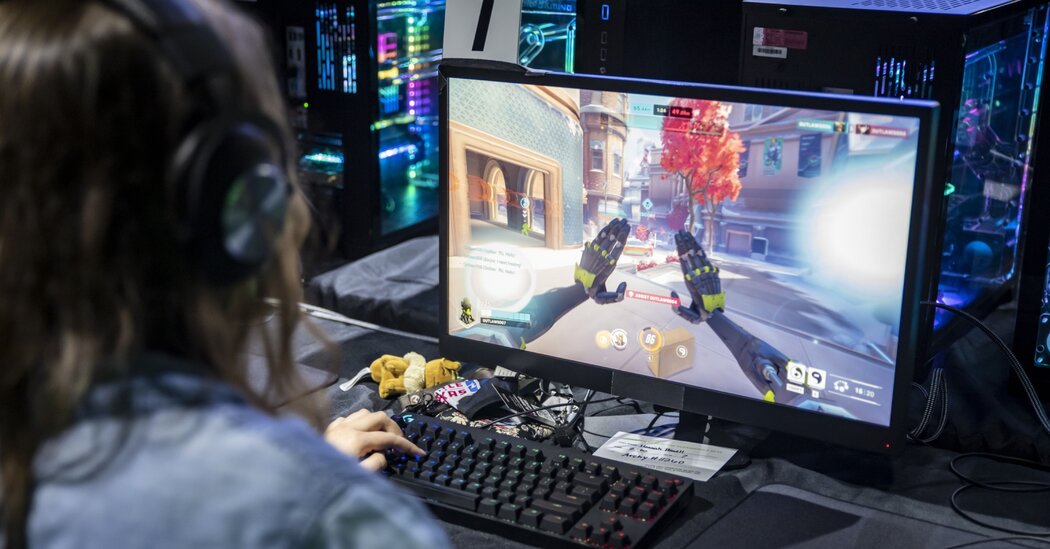
Sony, the maker of the competing PlayStation console, has been resisting the merger deal and raising concerns with antitrust watchdogs worldwide. The possibility of losing access to popular Activision Blizzard game franchises, particularly the Call of Duty series, has raised red flags for Sony.
Antitrust Enforcement Under Biden Administration
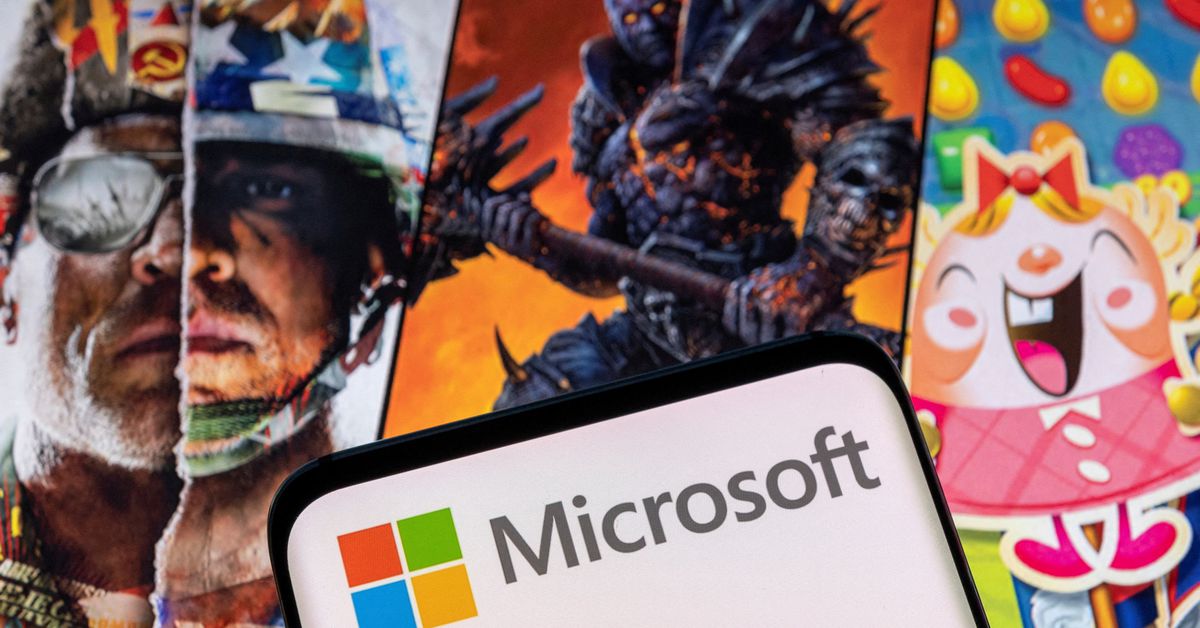
The Biden administration has taken a strong stance on antitrust enforcement, vowing to rectify what it perceives as weak merger policies in the past. This puts pressure on the FTC to fulfill its promises of challenging dubious deals and avoiding weak settlements.
Microsoft’s Concessions and Commitments
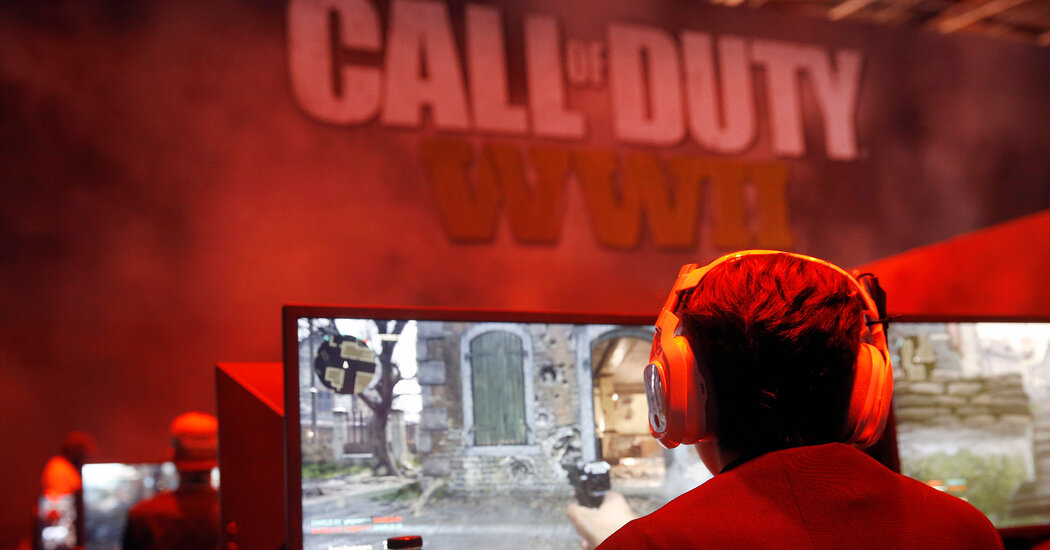
In an attempt to address concerns and appease regulators, Microsoft recently made promises related to the acquisition. It pledged to make Call of Duty available on Nintendo devices for a decade if the deal goes through and tried to offer a similar commitment to Sony.
Worker-Friendly Deal and Unionization
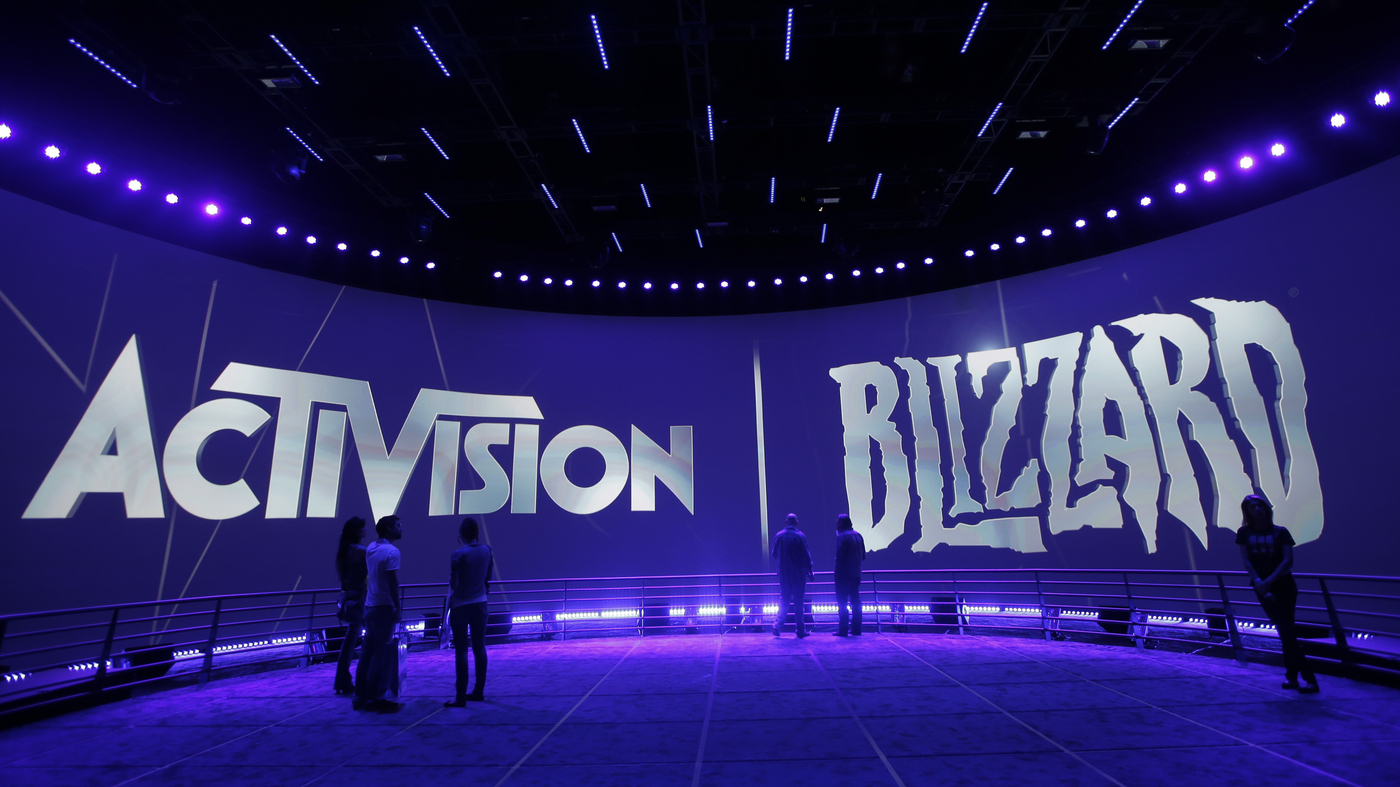
Microsoft also sought to present the deal as worker-friendly and aligned with the Biden administration’s priorities. It announced a “labor neutrality agreement” with the Communications Workers of America, allowing workers to unionize after the acquisition’s completion.
International Scrutiny of the Deal
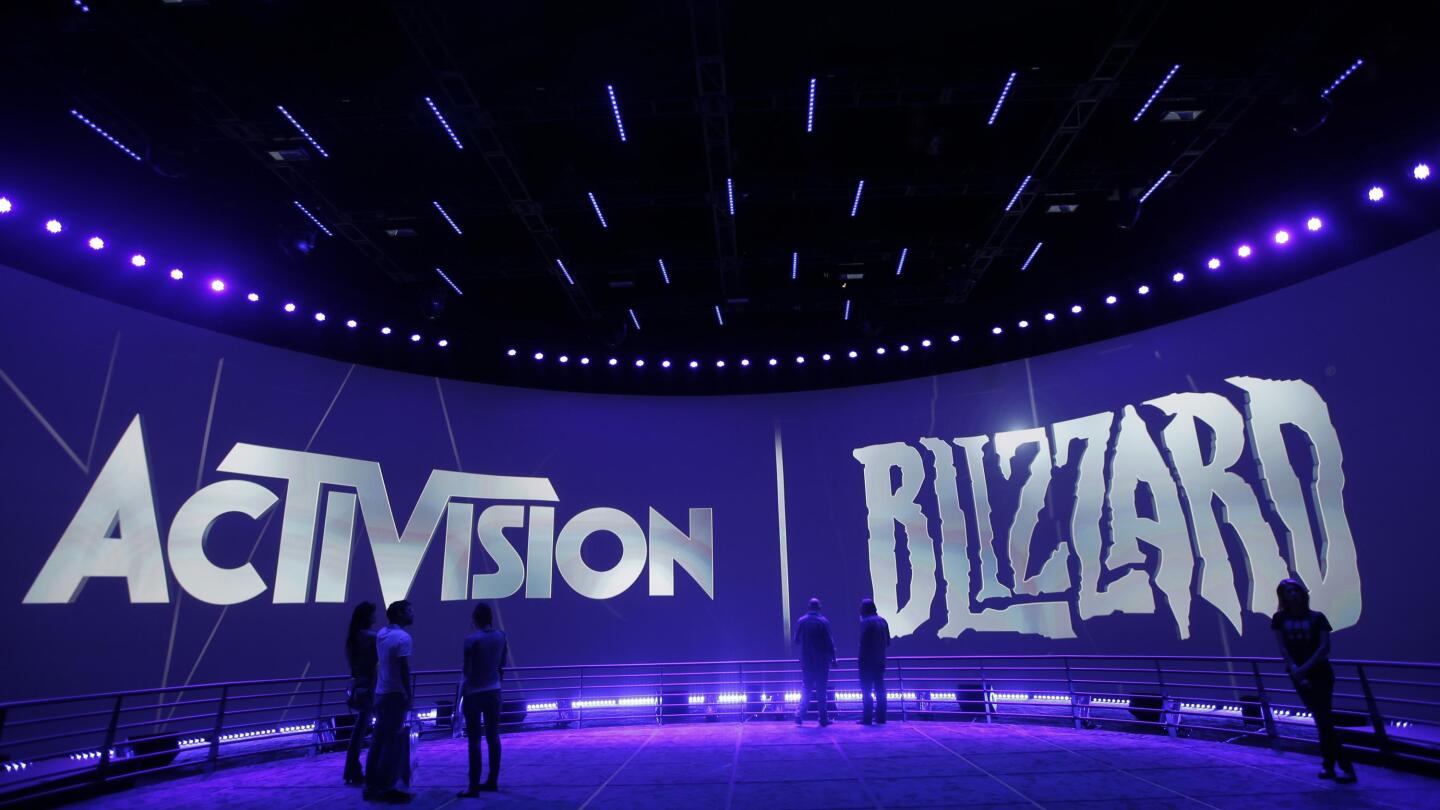
Aside from the FTC’s lawsuit, the Microsoft-Activision Blizzard deal is under scrutiny in the European Union and the United Kingdom. Investigations in these regions are expected to continue until next year before reaching a conclusion.
Conclusion
The FTC’s move to block Microsoft’s acquisition of Activision Blizzard marks a significant challenge for the tech giant. The outcome of this case could set a precedent for future big tech mergers and the enforcement of antitrust policies. Microsoft remains confident in its position but will have to navigate potential legal proceedings in the coming years.
FAQs
1. What is the Federal Trade Commission (FTC)?
The Federal Trade Commission (FTC) is an independent agency of the United States government responsible for protecting consumers and promoting fair business practices.
2. How could Microsoft’s acquisition of Activision Blizzard harm competition?
The FTC’s concern is that Microsoft’s control over Activision Blizzard could lead to the suppression of competitors to its Xbox game console and games subscription business, potentially limiting options for gamers and game developers.
3. What is the significance of this lawsuit for future big tech mergers?
The outcome of the FTC’s case against Microsoft will be closely watched as it could set a precedent for how antitrust policies are enforced in the tech industry. It may influence the approval or scrutiny of future mergers involving big tech companies.
4. How does Sony factor into this situation?
Sony, the maker of the PlayStation console, has been vocal in its opposition to Microsoft’s acquisition of Activision Blizzard. Sony is concerned about losing access to popular game franchises and the potential impact on competition in the gaming industry.
5. When will the administrative law judge hear the case?
As mentioned in the FTC’s complaint, the administrative law judge is scheduled to hear the case in August 2023. This indicates that the legal proceedings will span a significant length of time before reaching a final resolution.

